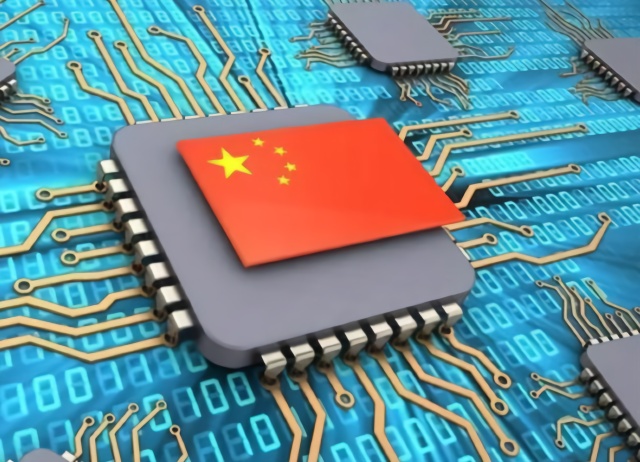According to the data of the General Administration of Customs, the total number of chips imported by China in 2021 will be 635.48 billion, a year-on-year increase of 16.9%, and the import amount will exceed nearly 432.6 billion US dollars, a year-on-year increase of 23.6%, both hitting a record high. However, by 2023, China's chip imports have dropped from 2.79 trillion yuan in 2021 to 2.46 trillion yuan. This change shows that China's chip self-sufficiency rate is constantly improving, and the production capacity of domestic chips is gradually increasing.
With the country's attention and investment in the semiconductor industry, the independent innovation ability of China's chip industry has been significantly improved. From design to manufacturing, from packaging to testing, China's chip industry has formed a complete industrial chain. In the field of chip design, domestic enterprises have been able to design internationally competitive products, such as Huawei's HiSilicon series chips, UNISOC mobile communication chips, etc. In the field of chip manufacturing, China has also made important progress, such as SMIC, Yangtze Memory and other companies have been able to produce chip products with international advanced level.
The improvement of independent innovation capabilities has enabled China's chip industry to better meet the needs of the domestic market, and at the same time improved the competitiveness of domestic chips in the international market. This has laid a solid foundation for the decline in China's chip imports.
With the development of the global economy and the continuous progress of technology, the market demand structure of electronic products is also changing. On the one hand, consumers' demand for electronic products is becoming more and more diverse and personalized, and the requirements for chip performance are also getting higher and higher. On the other hand, with the rapid development of emerging technologies such as the Internet of Things and artificial intelligence, the demand for chips is also increasing.

Figure:The import value of domestic chips has declined
In this context, China's chip industry has continuously improved product quality and performance through a combination of independent innovation and introduction and absorption, and has met the market demand for high-performance, low-power and high-reliability chips. At the same time, China is also actively cultivating and developing chip industries in emerging fields such as the Internet of Things and artificial intelligence, further expanding market demand.
At the same time, the Chinese government attaches great importance to the development of the semiconductor industry and has introduced a series of policies and measures to support the development of the chip industry. These policies include financial subsidies, tax incentives, talent introduction, etc., which provide a good development environment for the chip industry. At the same time, the government has also actively promoted the cooperation and coordination of upstream and downstream enterprises in the industrial chain, forming a complete industrial chain ecology.
This model of policy support and industrial chain coordination enables China's chip industry to achieve rapid development in a short period of time. Through the introduction of foreign advanced technology and management experience, combined with domestic market demand and independent innovation capabilities, China's chip industry has gradually formed its own competitive advantages and characteristics.
The decline in China's chip imports is the result of the combined effect of the improvement of independent innovation capabilities and the change of market demand structure. With the continuous progress of technology and the continuous expansion of the market, China's chip industry will continue to maintain a rapid development trend. In the future, China's chip industry will pay more attention to the improvement of independent innovation capabilities, strengthen cooperation and exchanges with international advanced enterprises, and promote the coordinated development of upstream and downstream enterprises in the industrial chain. At the same time, China will also actively cultivate and develop the chip industry in emerging fields and make greater contributions to the development of the global semiconductor industry.






